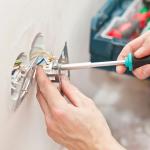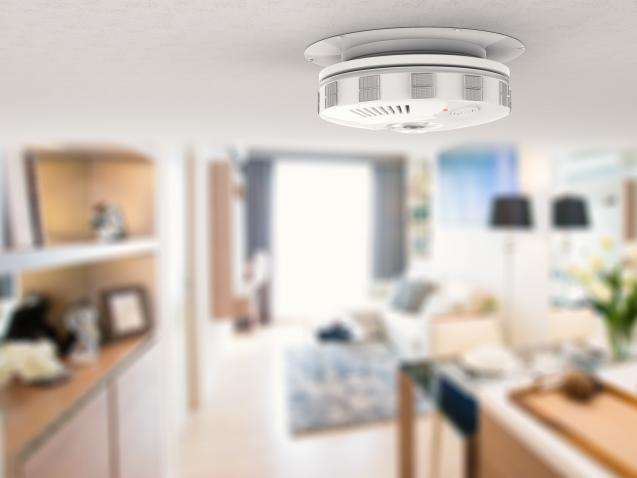
Understanding the Differences between DIY and Professional Electrical
Exploring DIY Electrical Work
Do-it-Yourself (DIY) electrical efforts pertain to the hands-on approach taken by householders to tackle fundamental electrical maintenance and installations without formal expert guidance. Motivated often by financial savings, the acquisition of novel skills, or a sense of personal gratification from accomplishing a task single-handedly, DIY is becoming increasingly popular. Yet, it's fundamental that enthusiasts who embark on such endeavours understand and strictly conform to safety protocols, thereby minimising the risks of electrical accidents. In the DIY realm, basic electrical instruments like voltmeters, wire strippers, and circuit testers become indispensable tools of the trade.
A Closer Look at Professional Electrical Work
At the opposite end of the DIY spectrum is professional electrical work - a domain belonging to fully licensed and meticulously certified electricians. The journey to professional status demands a comprehensive education in theoretical knowledge, rigorous hands-on practice, plus the successful completion of licensing exams that vary across states or territories. Professional electricians bring to the table their expertise in swiftly handling complex electrical systems. Keeping pace with technological advancements and current regulations, they ensure household electrical installations adhere to the Australian Standards for electrical safety.
Evaluating Risks and Safety Considerations
While DIY electrical work might be a budget-friendly option, it’s necessary to scrutinise the attendant risks. These include potential electrocution and damage to appliances in the event of a small mishap, or the graver dangers of power outages or house fires stemming from significant errors. Professionals act as safeguards against these perils, utilising their technical know-how to follow stringent safety codes and standards. With particular attention to details, professional electricians strive to ensure the electrical systems they work on achieve peak performance while securing elevated safety levels. Consequently, any deviations from quality electrical work can compromise not just home safety, but also the overall market value of the property.
Analysing the Costs – DIY Vs. Professional Electrical Work
The assumption that DIY projects are cheaper since they eliminate labour costs is a somewhat simplistic derivative. A deeper dive into cost comparison reveals added nuances and often hidden expenditures like the amount of time invested and the potential costs of mishandling an installation. For DIY, these complications could translate into additional expenses for rectifications, or even pricey emergency repairs if installations go awry. Conversely, when engaging a professional, the task of identifying a relied-upon professional who offers quality service at an economical price is another challenge to overcome.
Understanding Legal Implications and Compliance
From a legal standpoint, regulations require compliance for both DIY and professional methods. Permits and compulsory inspections are necessary for nearly all electrical tasks, regardless of the level of expertise employed in performing them. For those undertaking DIY electrical work, potential issues could arise with insurance companies rejecting claims related to electrical mishaps if the work is discovered to have been poorly conducted. Thus, a sound understanding of local legislation surrounding home electrical work is a necessity, irrespective of the path chosen.
Conclusion
Considering the factors we've discussed in detail, the question of whether to opt for DIY or professional electrical work ultimately rests on individual homeowner's circumstances, capabilities, and the complexity of the task at hand. Certainly, both techniques come with their unique set of risks, costs, benefits, and legal requirements. The responsibility is immense, whether it's safeguarding the house as a DIY enthusiast or providing safe and compliant installations as a professional. Regardless of the choice, there's always merit in seeking ongoing education and advice for all electrical endeavours, to ensure an optimal and safe configuration of our domestic electric lifelines.



